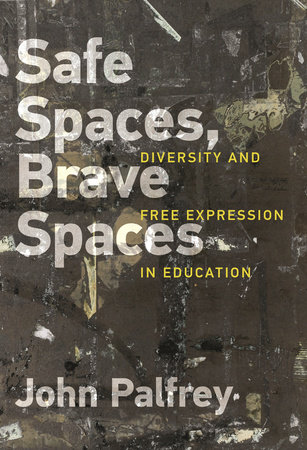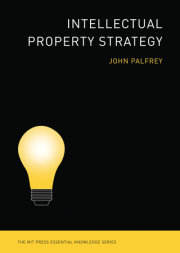How the essential democratic values of diversity and free expression can coexist on campus.Safe spaces, trigger warnings, microaggressions, the disinvitation of speakers, demands to rename campus landmarks—debate over these issues began in lecture halls and on college quads but ended up on op-ed pages in the New York Times and the Wall Street Journal, on cable news, and on social media. Some of these critiques had merit, but others took a series of cheap shots at “crybullies” who needed to be coddled and protected from the real world. Few questioned the assumption that colleges must choose between free expression and diversity. In Safe Spaces, Brave Spaces, John Palfrey argues that the essential democratic values of diversity and free expression can, and should, coexist on campus.
Palfrey, currently Head of School at Phillips Academy, Andover, and formerly Professor and Vice Dean at Harvard Law School, writes that free expression and diversity are more compatible than opposed. Free expression can serve everyone—even if it has at times been dominated by white, male, Christian, heterosexual, able-bodied citizens. Diversity is about self-expression, learning from one another, and working together across differences; it can encompass academic freedom without condoning hate speech.
Palfrey proposes an innovative way to support both diversity and free expression on campus: creating safe spaces and brave spaces. In safe spaces, students can explore ideas and express themselves with without feeling marginalized. In brave spaces—classrooms, lecture halls, public forums—the search for knowledge is paramount, even if some discussions may make certain students uncomfortable. The strength of our democracy, says Palfrey, depends on a commitment to upholding both diversity and free expression, especially when it is hardest to do so.




